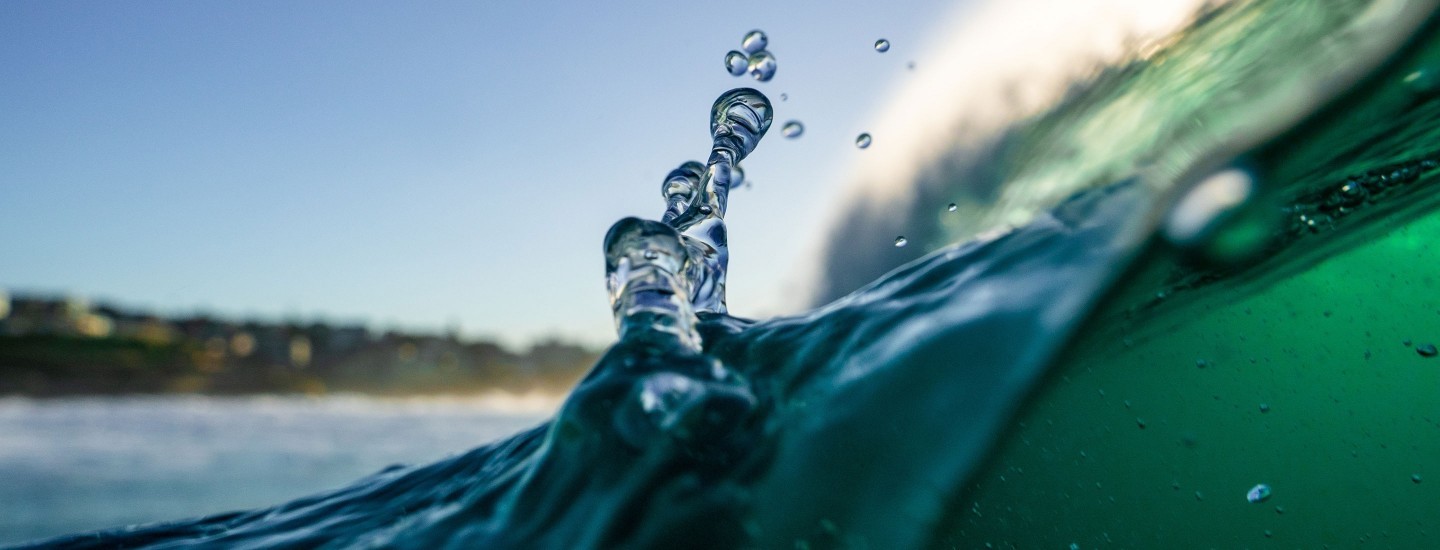
The Surfrider Foundation is pleased to celebrate World Water Day with the release of our Annual Clean Water Report. This report tracks the progress of our Blue Water Task Force (BWTF) and Ocean Friendly Gardens (OFG) programs in 2018.
It is one of the Surfrider Foundation’s core beliefs that everyone should have access to clean water to surf, swim and play in. Through our Clean Water Initiative, Surfrider is taking a multi-tiered approach to protect water quality in local waterways and to reduce ocean pollution. Especially when it is difficult to depend on the federal agencies tasked with protecting our clean water and healthy coasts, it is so encouraging to see how much a dedicated network of volunteers can accomplish in just one year!

During 2018, the Blue Water Task Force water testing program continued to grow with overall testing up 12% from the previous year. There were 48 BWTF labs that processed 6,826 water samples collected from 474 distinct sampling sites. The collective results from all the participating BWTF labs have remained relatively constant since we began compiling an annual report in 2011. In 2018, 67% of our test results indicated low bacteria levels, 11% indicated medium bacteria levels, and 22% measured high bacteria levels that exceed the national water quality standard set by the EPA to protect public health in recreational waters.

The majority of the water samples that failed to meet health standards were collected from freshwater sources such as rivers, creeks and marshes that are influenced by stormwater runoff or at beaches near these outlets. This is consistent with national trends, which show that stormwater runoff is the number one cause of beach closures and swimming advisories in the United States.
Surfrider chapters are also digging in and using their Ocean Friendly Gardens program to help solve the water quality problems caused by stormwater and urban runoff in their local communities. By using native plants, building healthy soils naturally, and carefully shaping landscapes to slow down and retain rainwater, OFGs transform landscapes and hardscapes to reduce urban runoff and filter out pollutants. Ocean Friendly Gardens also help conserve water, create wildlife habitat and can even reduce the impacts of climate change by absorbing carbon from the air and storing it in the soil. During 2018, 23 Surfrider chapters ran OFG programs and helped transform 65 residential and public spaces into Ocean Friendly Gardens. Watch the video below to learn how the Ventura Chapter is building community awareness with their OFG program.
In 2018, Surfrider chapters tackled regional water quality issues by using their clean water programs to build community awareness of pollution problems and the solutions needed to improve conditions. The Clean Water Report features four case studies highlighting the efforts of the following chapters as they empower their local communities to address challenging pollution problems such as toxic algae blooms, border sewage spills, cess pools and stormwater runoff.
• Depoe Bay, Oregon
• Palm Beach County, Florida
• San Diego, California
• Oahu, Hawaii
Read the Clean Water Report to learn what Surfrider volunteers and activists are doing in communities around the country to protect public health and clean water at the beach.
Anyone can join us in our efforts to fight for clean water by participating in this action alert and asking Congress to support continued funding for beach water testing programs. A day at the beach shouldn’t cause you or your family to get sick at the beach.